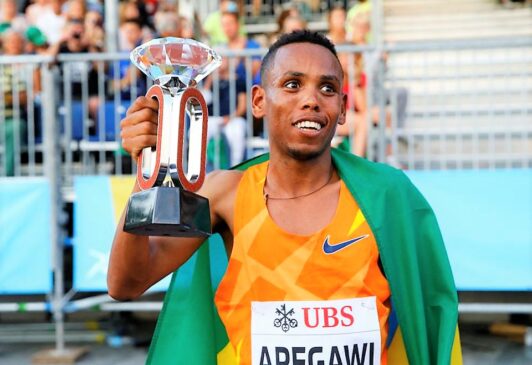South Africa: Joburg – Africa’s Second Most Visited City
 Johannesburg, South Africa - Johannesburg will be Africa’s second most visited city this year with an expected 2.5-million international visitors, according to the latest Mastercard Global Destination Cities Index released on Monday.
Johannesburg, South Africa - Johannesburg will be Africa’s second most visited city this year with an expected 2.5-million international visitors, according to the latest Mastercard Global Destination Cities Index released on Monday.
Coming second only to Cairo – which will host about 3.3-million visitors in 2012 – Joburg is also rated as the African city that tourists will spend the most money in.
An estimated US$3.3-billion will be injected into the city’s economy, marking an increase of 8.1% on the 2011 figures.
The index ranks 132 global cities by total international visitor arrivals and cross- border spending; it also forecasts visitor and passenger growth for the year ahead, and examines where visitors originate from.
“This is the second installment of this MasterCard Index, which is used as a barometer for understanding the global economy and the dynamic flow of commerce across the world,” said country manager of Mastercard Worldwide in South Africa Dries Zietsman.
Thirteen African cities were ranked, including Casablanca, Accra, Nairobi, Beira, Cape Town, Dakar, Durban, Kampala, Lagos, Maputo, and Tunis.
Visitor demographics
The highest numbers of visitors to Johannesburg are from London, Frankfurt and Dubai. London tourists are projected to account for 328 000 of the total number of visitors, while Frankfurt will account for 196 000 and Dubai for 166 500.
Combined, these visitors are expected to inject $975-million into the city’s economy in cross-border spending during 2012.
Paris will also account for a large number of visitors, with an estimated 143 000 expected to touch down in Joburg. “They will spend an anticipated $332-million in the city during 2012, a substantial amount compared to visitor numbers and an average of $2 320 per person – the highest average spend per person of all visitors,” Mastercard said in a statement.
“The index also reveals the destination cities where those from Johannesburg are travelling to, and it was found that in most cases they are opting for African destinations before they travel overseas,” Zietsman said.
“Four of the top five outbound destinations for Johannesburg travellers are within Africa. Windhoek and Nairobi are the top two outbound travel destinations; London comes in third, followed by Harare and Luanda.”
Durban and Cape Town
Durban and Cape Town were also ranked in the index, and fared well. Durban will be the fastest growing city in Africa for both visitor numbers and expenditure, with a projected 33.3% growth in the number of international visitors and 41.3% growth in visitor expenditure in 2012.
“Additionally, the Durban International Convention Centre provides the largest flat floor, column-free exhibition and conferencing space in Africa, attracting many international exhibitors to the city while playing host to some of the largest and most complex conferences and business events in the world over the past fifteen years,” Zietsman said.
Cape Town also has a range of attractions to offer visitors and was named the world’s top holiday destination by online travel website Tripadvisor in 2011.
“Cape Town is popular with many travellers because of the wide range of experiences it offers visitors, from surfing and sailing, mountain climbing and beaches, to its wine farms and world-renowned fine-dining establishments,” said Zietsman.
“Its World Heritage Sites, magnificent natural surrounds and superior shopping opportunities add to its irresistible appeal.”
Global economic adviser for Mastercard Worldwide Yuwa Hedrick-Wong said African cities were showing strong levels of growth.
“This kind of growth pattern strongly suggests that destination cities in emerging markets in Africa will also continue to grow in importance in the global economy,” he said.
“In spite of the ups and downs of the business cycle, the overall pattern is clear: cross-border travel by air is a resilient trend that is embraced by a growing number of people across Africa, underpinned by visitors’ robust willingness and capacity to spend.”
Source: SouthAfricaInfo.com
ÂÂ



